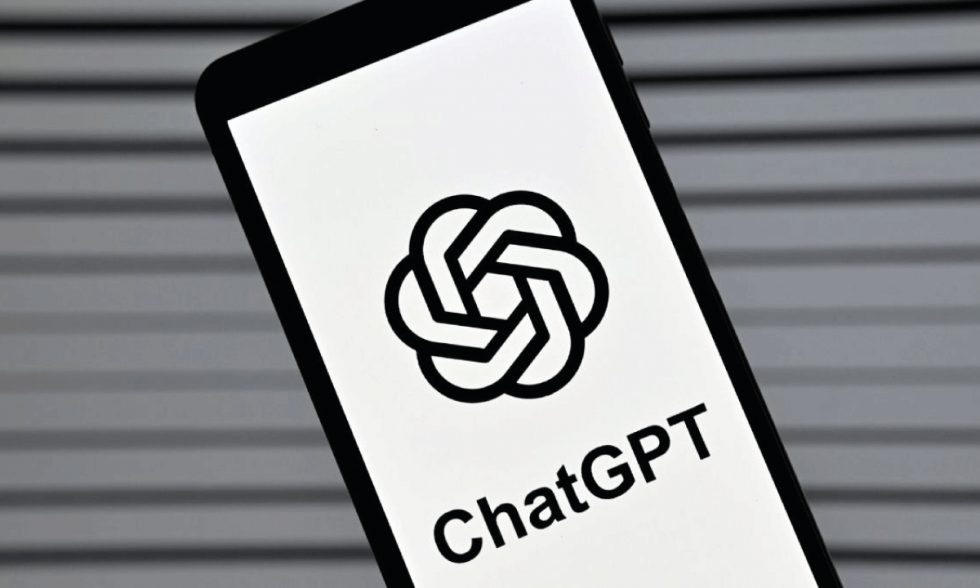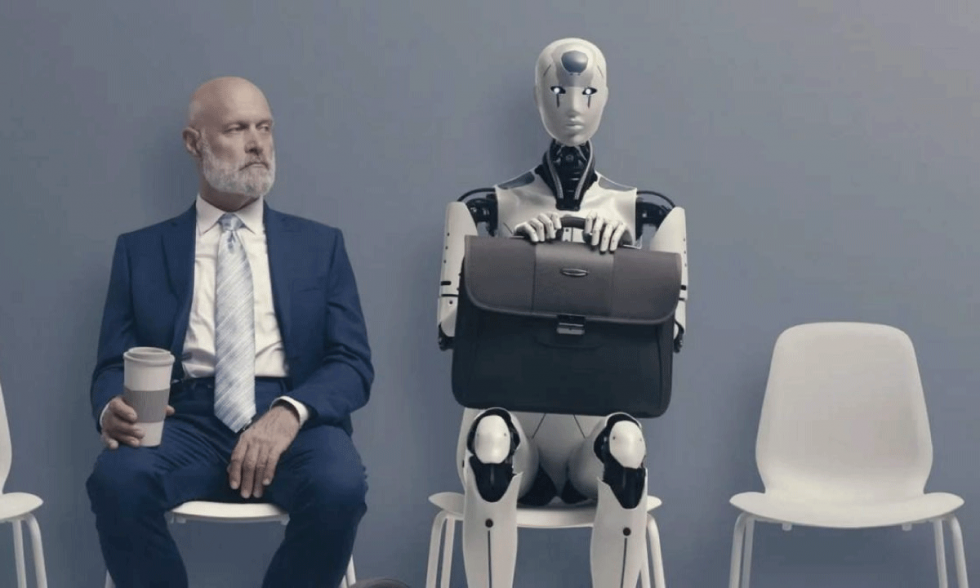Reid Hoffman: Gen Z Can Lead the Future of Work Through Artificial Intelligence
Gen Z professionals entering the workforce today face a rapidly evolving landscape. Automation is replacing entry-level roles, job expectations are shifting, and the pace of technological change is relentless. Yet, Reid Hoffman, co-founder of LinkedIn, believes this generation is uniquely equipped to not only adapt to these changes, but to lead them—if they learn how to strategically apply their skills in artificial intelligence.
In a recent YouTube discussion, Hoffman described Gen Z as “natives of AI,” a generation that has grown up using technology and now has tools at their disposal that previous generations could barely imagine. Platforms like ChatGPT, Claude, Copilot, and Gemini are part of their daily routines. According to Hoffman, this digital fluency is a competitive edge that can be transformed into career-defining leverage—if used with clarity and purpose.
Employers are already beginning to rethink the structure of entry-level jobs. According to Dario Amodei, CEO of AI firm Anthropic, as much as 50% of entry-level roles could disappear within the next five years due to automation powered by AI. This could potentially lead to youth unemployment rates rising as high as 20% in some sectors. These figures highlight the urgency of reimagining how young professionals prepare for and navigate the job market.
But Hoffman offers a more optimistic perspective. Rather than framing AI as a threat to employment, he sees it as a catalyst for transformation. “What matters most,” he said, “is how people adapt to the tools and create new forms of value around them.” For Gen Z, this means moving from passive users of AI to proactive creators of impact through AI.
One key insight from Hoffman is the importance of storytelling and evidence. Simply listing “AI tools” on a resume will no longer suffice. Instead, young professionals must articulate how they used these tools to solve problems, enhance productivity, support team outcomes, or even lead small-scale innovations. “If you can show that AI helped you complete a project better, faster, or smarter, you stand out,” he explained.
This form of digital leadership does not require years of experience—it requires initiative and strategy. Hoffman encourages young employees to embrace a form of “reverse mentoring,” where they help older colleagues understand and adopt AI in the workplace. In doing so, they demonstrate value beyond their job descriptions and become key players in organizational change.
Moreover, hiring trends are moving toward skills-based evaluation. Increasingly, employers seek talent that combines technical proficiency with soft skills: communication, collaboration, ethical reasoning, adaptability, and a commitment to continuous learning. Aneesh Raman, LinkedIn’s Vice President of Opportunity, recently emphasized that “human skills” will define the next decade of work. Technology will evolve, but the human capacity to use it wisely and empathetically will be what truly matters.
In Latin America and many other regions, where youth unemployment remains a structural issue and access to quality education is still uneven, Hoffman’s perspective resonates deeply. It highlights an opportunity: if young people can gain real, applied experience with AI and learn to communicate that experience effectively, they can compete globally—regardless of geography.
This requires a shift in how educational institutions and employers think about training and development. AI literacy must become a core component of both curricula and workplace learning. Short-term courses, micro-credentials, and project-based experiences that encourage experimentation with AI tools can play a vital role in preparing students and entry-level workers to meet future demands.
For companies, the takeaway is clear. Organizations that want to thrive in the next decade must embrace digital natives not just as workers, but as agents of innovation. Investing in early-career talent that understands both the capabilities and the limitations of AI can accelerate transformation across teams, departments, and industries.
At the same time, Hoffman underscores that Gen Z must not assume their digital fluency is enough. Knowing how to use AI is the starting point. To lead, young professionals must develop judgment, context awareness, and the ability to align AI usage with meaningful outcomes. “Being good at AI is not just about knowing how to prompt,” Hoffman said. “It’s about knowing what matters.”
In the new job market, the resume of the future will not be a static document. It will be a collection of stories, portfolios, and projects that demonstrate adaptability, creativity, and value creation. And for Gen Z, those stories will often begin with a simple question: how did you use AI to make something better?
Source: Fortune
Related Articles

ChatGPT’s strategic prompts are reshaping entrepreneurial education by enabling the creation of automated, high-revenue business models without traditional employee structures. This trend highlights the growing role of AI as both an instructional and operational tool for founders and business learners.
Todos los derechos reservados



Comentarios